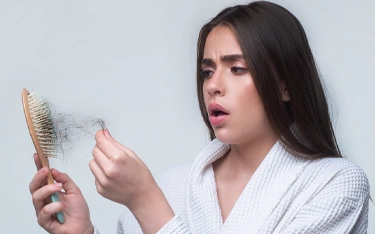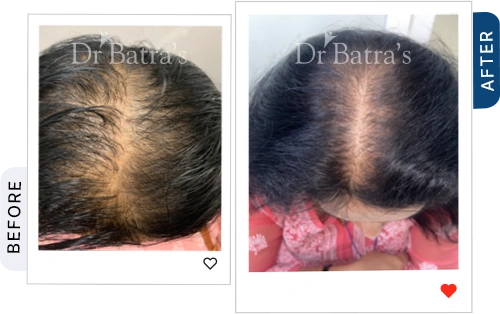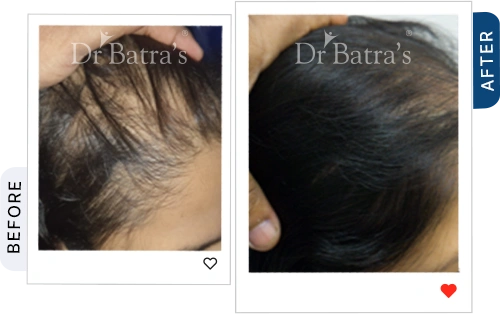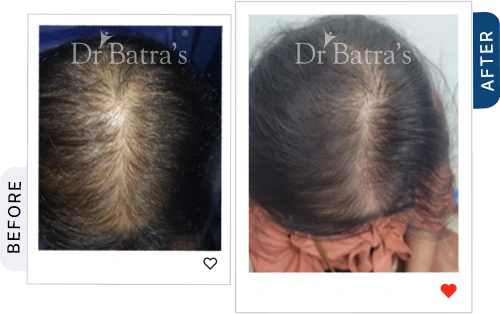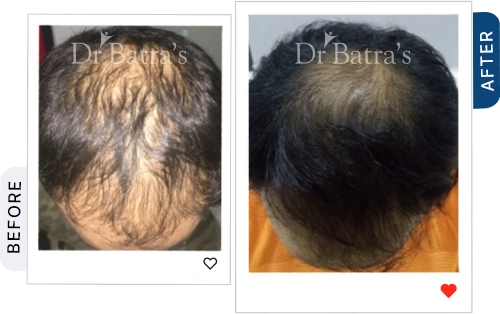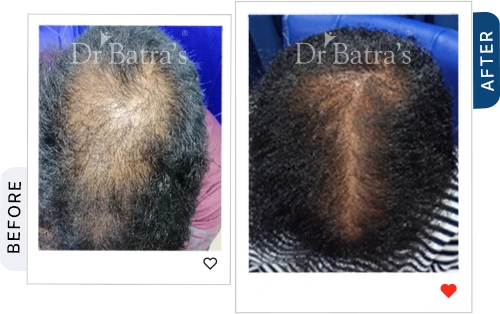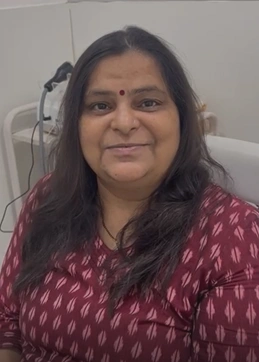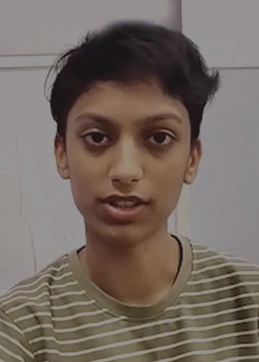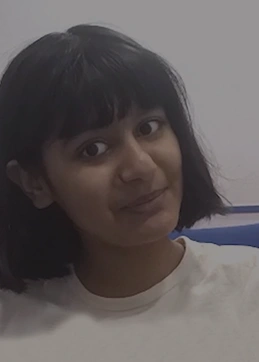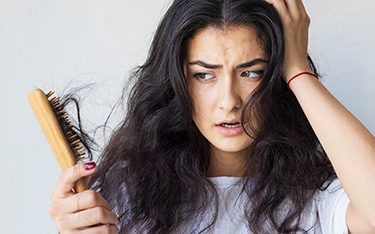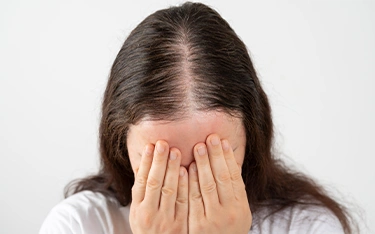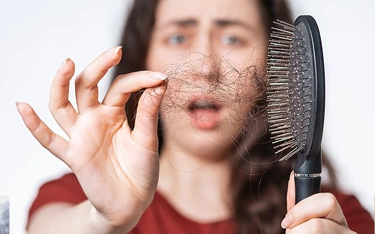FAQs
Does hair loss from iron deficiency grow back?
Yes! With proper iron intake and treatment, hair regrowth starts in 3-6 months.
What are the signs of lack of iron?
Common signs include fatigue, pale skin, dizziness, brittle nails, and hair loss.
What does iron deficiency hair loss look like?
Hair becomes thin, weak, and falls out easily, especially from the scalp's crown area..
How can I raise my iron level quickly?
Consume iron-rich foods, vitamin C, and supplements if prescribed by a doctor.
Can taking iron supplements stop hair loss immediately?
No, it takes at least 3 months for noticeable hair regrowth after starting supplements.
Are there any side effects of taking iron supplements for hair loss?
Possible side effects include stomach upset, constipation, or nausea. Always take supplements under medical supervision.
What is the best way to absorb iron from food?
Pair iron-rich foods with vitamin C (oranges, strawberries) to boost absorption.
Does iron deficiency affect eyebrows and eyelashes as well?
Yes, severe iron deficiency can cause thinning of eyebrows and eyelashes.
